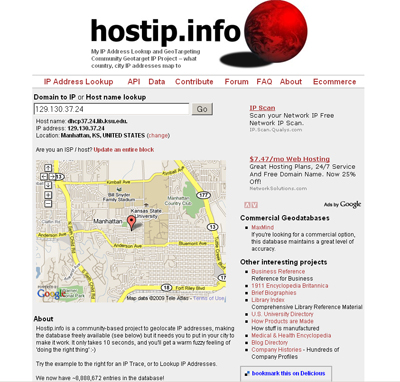One thing I’ll say about hackers is they are persistent, and I guess that fact shouldn’t surprise me since the same ol’ tricks reap dividends. Last Thursday, Nov. 5, K-State was hit with a cyberattack nearly identical to one that wreaked havoc on campus last July and, like last summer, it succeeded in compromising more than 130 campus computers.
The attack consisted of four different e-mails that tried to trick people into opening a malicious .zip attachment. Users who opened the attachment instantly infected their computer with a new variant of malware that antivirus software did not detect. The compromised computers were then used to try to infect other computers by sending the same malicious e-mails to addresses harvested from local addressbooks on the infected computers.
Once again, the best solution for preventing these types of attacks is for you, the user, to be suspicious of any unexpected e-mail from unknown sources and do not open an attachment until you confirm its legitimacy. One troubling thing is the four e-mails were virtually identical to the ones from last summer, with the following four subject lines:
Continue reading “Malicious e-mails strike again; 130+ computers compromised” →
